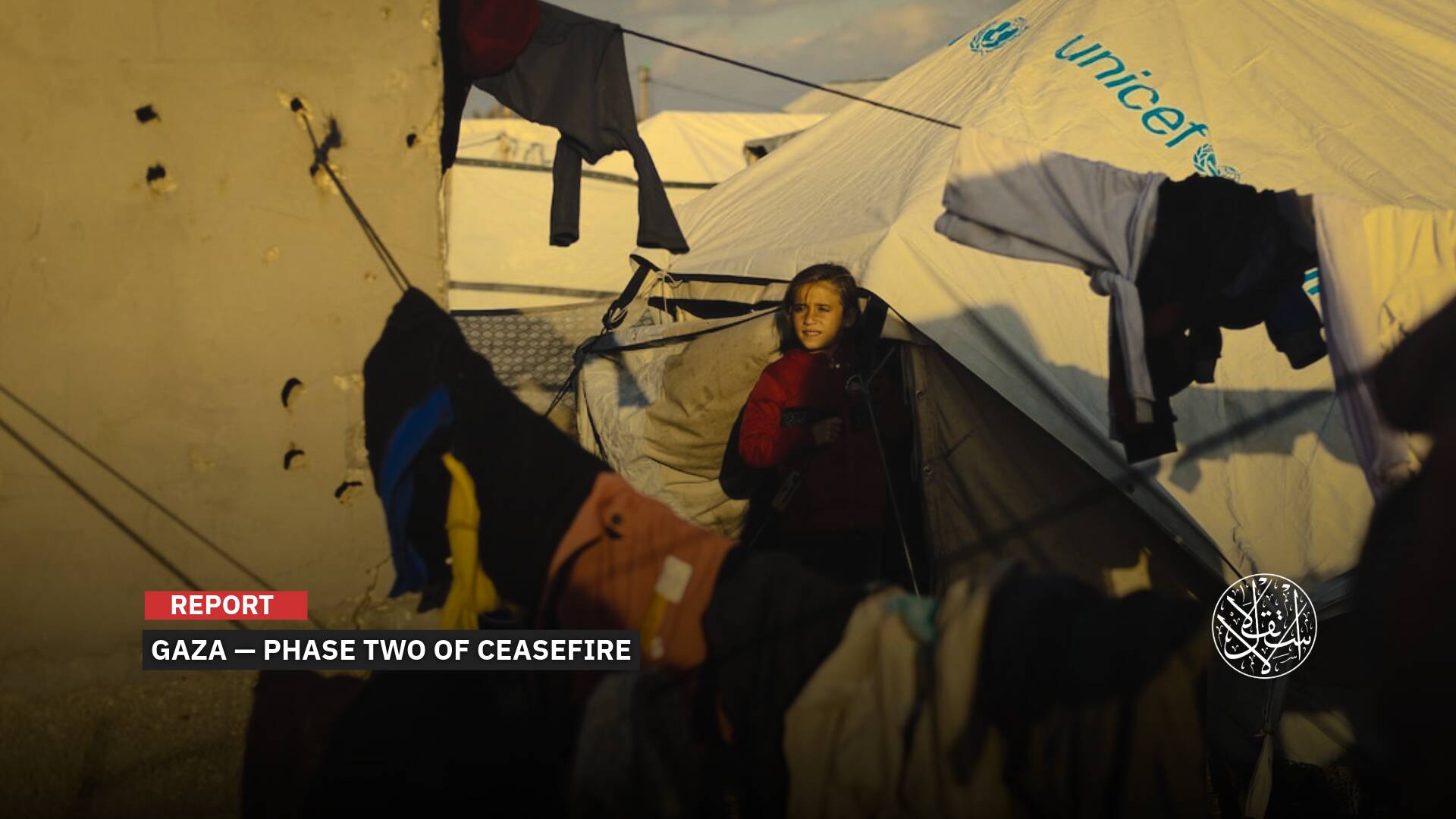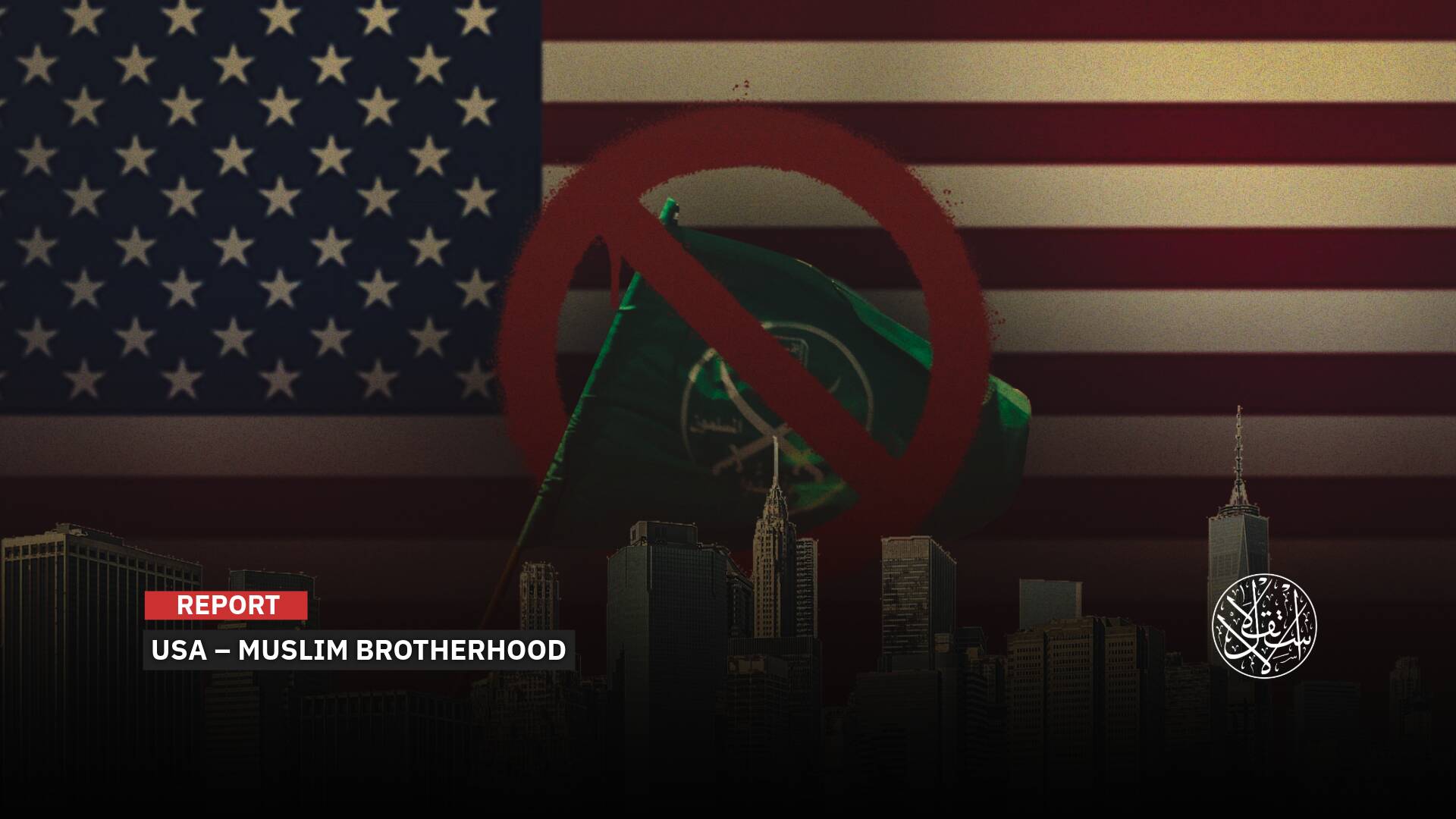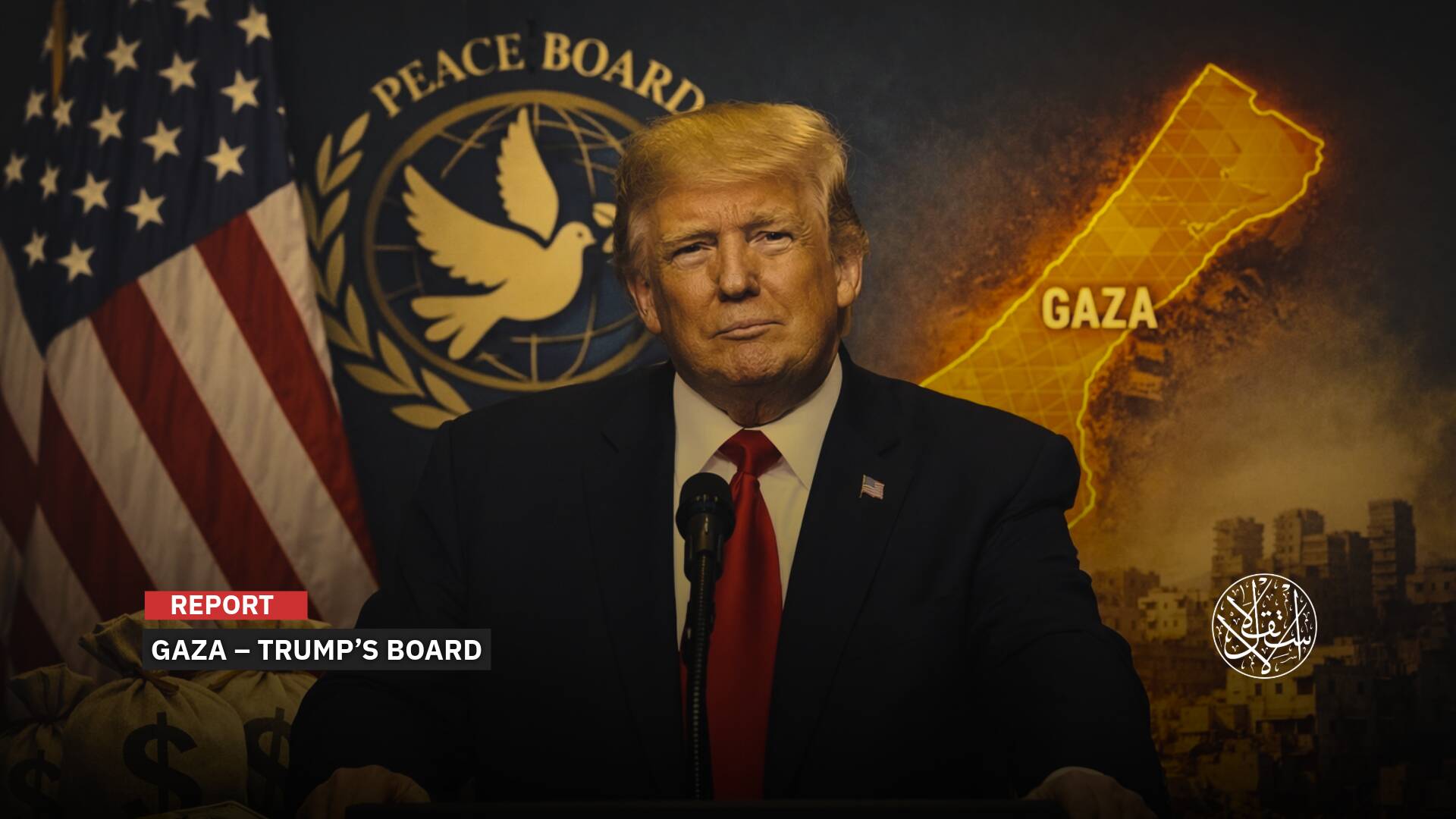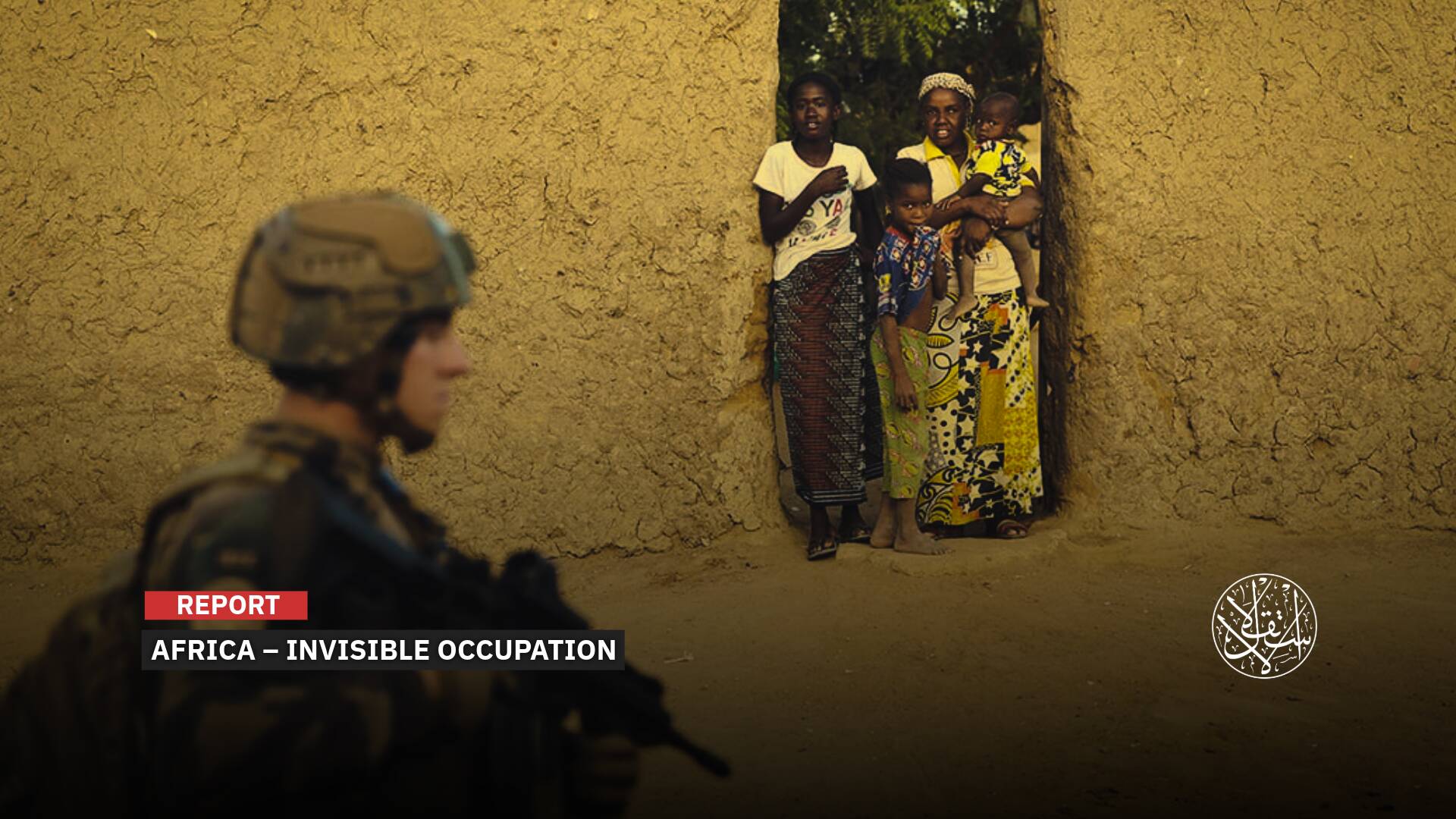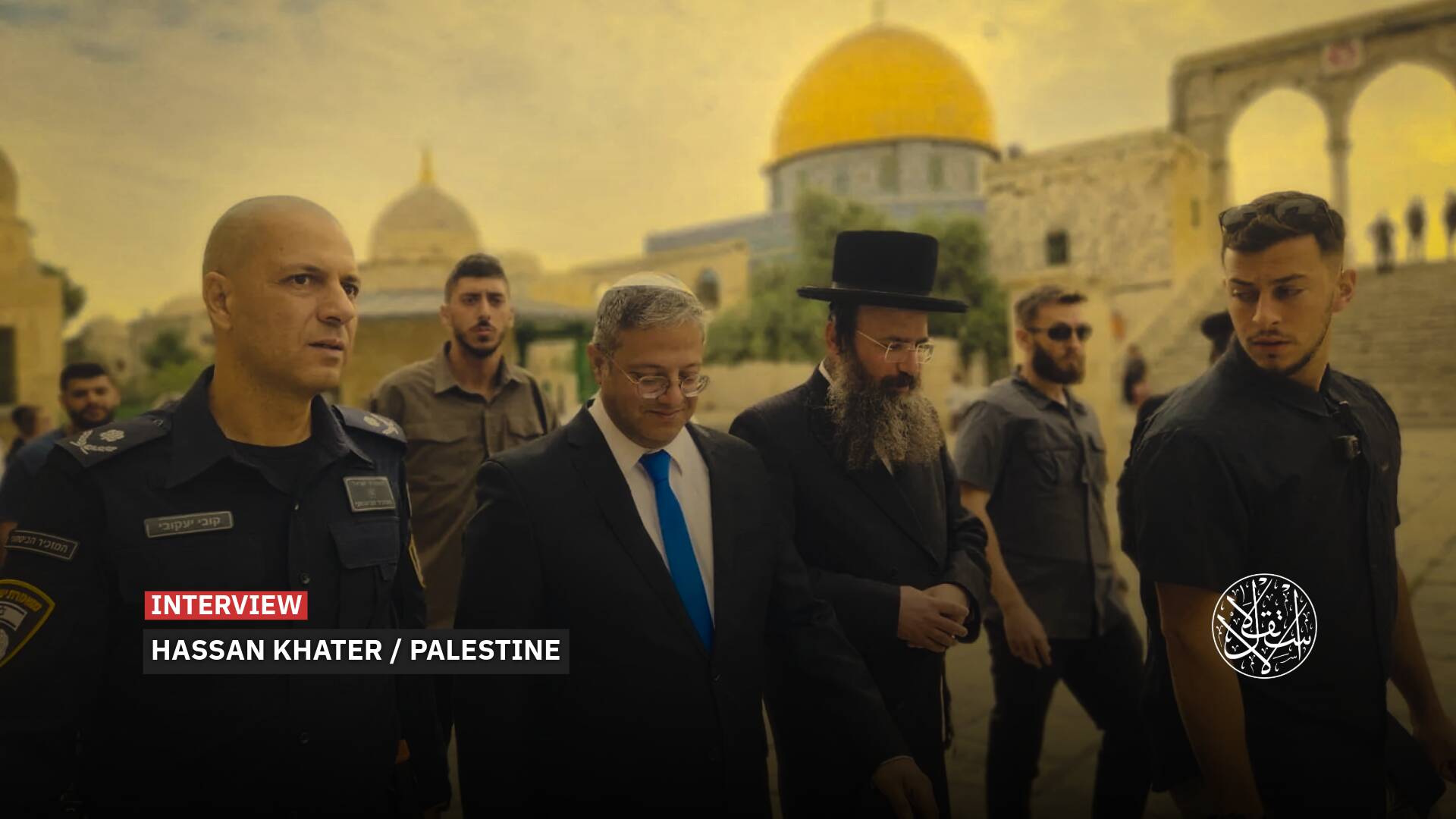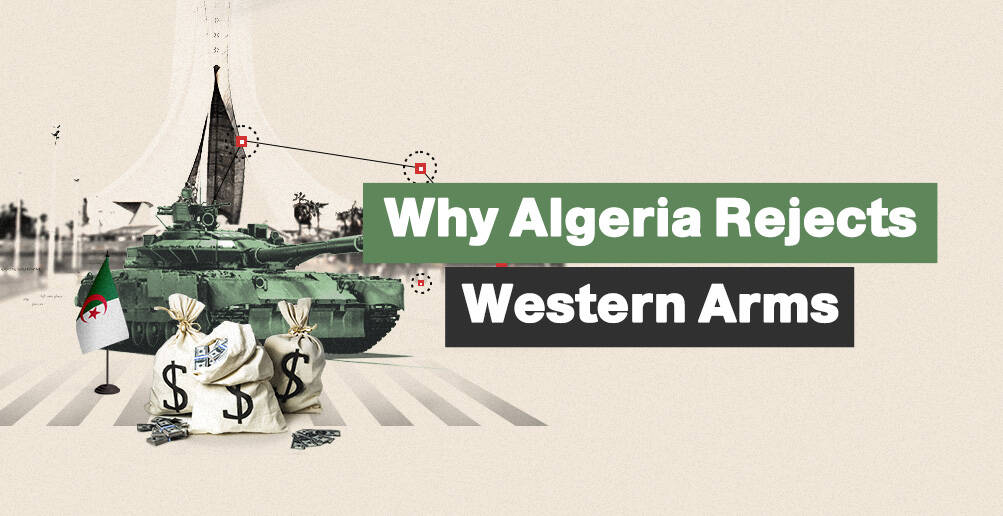Turkiye’s Security Agreement with Palestine: A Strategic Move Amid Israeli Aggression
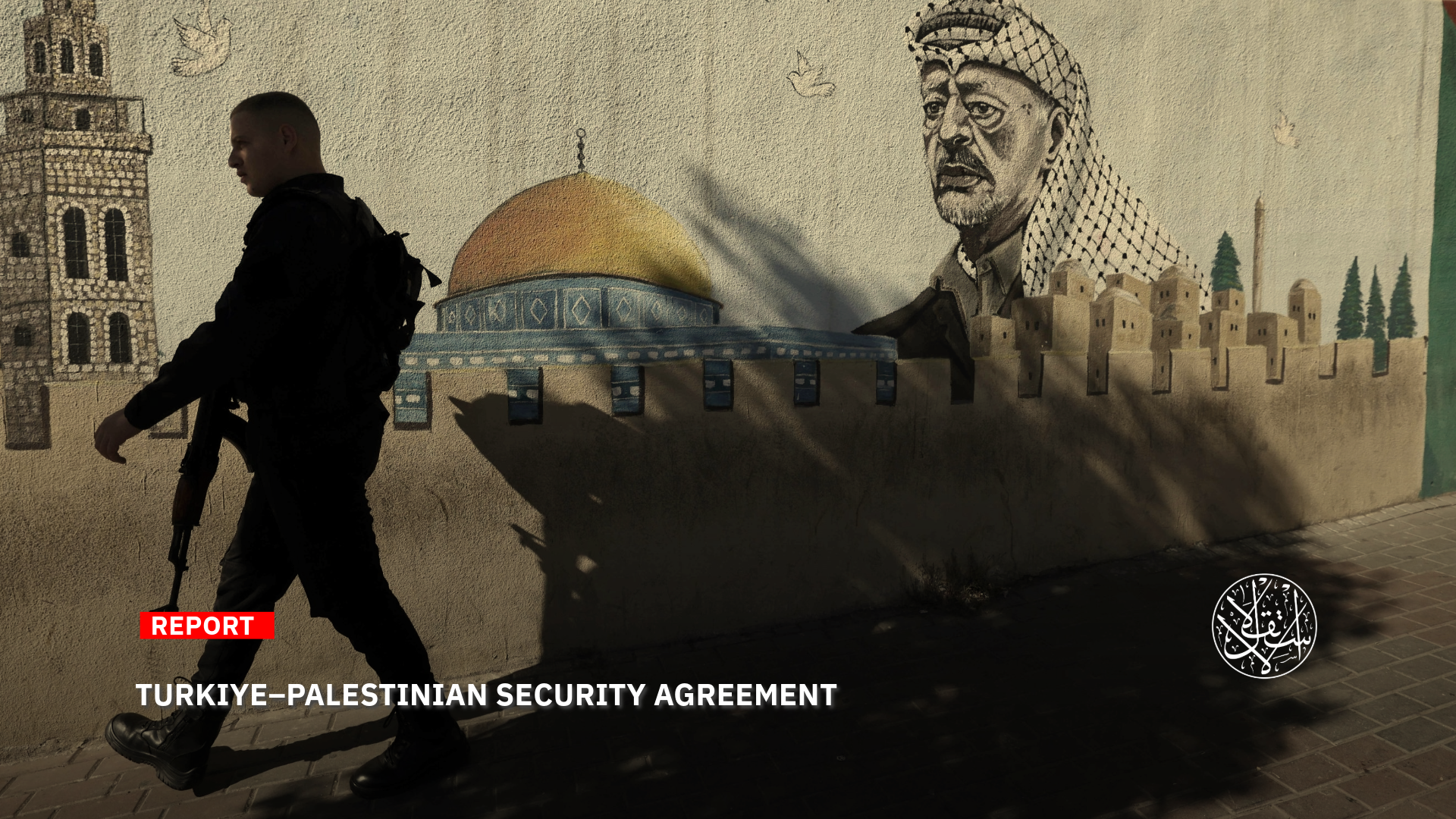
Turkiye has agreed to a memorandum allowing force deployment in the West Bank.
A rare security agreement between Turkiye and the Palestinian Authority has sparked confusion and controversy across the Arab world, amid “Israel's” devastating war on Gaza.
This significant agreement, which came into effect in mid-November 2024, sees Turkiye training Palestinian Authority forces—forces that have remained passive as their people in Gaza have been slaughtered for over a year without intervention.
The agreement’s mention of "law enforcement" has provoked mockery on social media, with some interpreting it as training for the repression of the Palestinian population, while others argue it may signal deeper, more strategic motives.
The deal has raised questions about Turkiye's long-term goals, particularly since the Palestinian Authority's security forces have long received training and funding exclusively from the United States and European countries since the entity's establishment in 1994.

Turkish-Palestinian Agreement
Turkiye has agreed to a memorandum of understanding that allows it to send forces to the occupied West Bank to train what it calls the Palestinian law enforcement units, according to Daily Sabah report.
The memorandum, signed by Turkish President Recep Tayyip Erdogan, aims to strengthen cooperation between the two countries in the field of law enforcement training.
The agreement stipulates that both sides will conduct a study to assess training needs and organize reciprocal training programs.
The responsibility for coordinating the implementation of the agreement, which allows Turkiye to send training forces to the West Bank or bring Palestinian personnel to Turkiye for training, has been entrusted to the interior ministries of both countries.
According to Daily Sabah, “The deal was signed in 2022 in Palestine’s Ramallah by Turkish and Palestinian officials,” and it is now coming into effect.
According to the Turkish Ministry of Foreign Affairs, the program aims to provide graduate and undergraduate programs for potential Palestinian police officers through the police academy, gendarmerie directorate, and Coast Guard academy.
This is not the first agreement of its kind; in June 2021, President Erdogan ratified what was described as a security cooperation agreement with the Palestinian Authority, which had been signed in 2018 but only entered into effect after Erdogan's approval.
In its follow-up on the details of the first agreement, Al-Estiklal revealed that it was nearly identical to the most recent one, suggesting that it served as a revival or re-export of an agreement that had failed to be implemented effectively.
However, Daily Sabah reported that “the Turkish Police Academy provided educational programs for more than 1,000 Palestinian police officers since 1998, with the new deal expected to be more comprehensive in its scope.”
Referring back to the first agreement (2018–2021), it stated that Palestinian law enforcement units would receive training at Turkiye's police academy, gendarmerie school, and Coast Guard academy.
The announcement at the time also outlined plans to carry out both short-term and long-term projects aimed at enhancing the capabilities of Palestinian law enforcement forces through training, consultations, and technical assistance.
In turn, Yeni Safak addressed the first agreement on June 3, 2021, noting that it marked a new chapter in Turkish-Palestinian relations.
Under the agreement, cooperation was established in areas such as combating money laundering, cybercrime, drug and human trafficking, and the smuggling of cultural and natural assets.
Yeni Safak highlighted that the exchange of intelligence and operational techniques to combat terrorism was one of the key provisions of the deal.
It also pointed out that through this agreement, Turkiye sent clear messages to the Israeli occupation, signaling a decisive step taken during a National Security Council meeting at the time.
The agreement, according to the newspaper, also reflected Ankara's attempt to apply a "Libyan model" to Palestine, referencing the maritime deal with Tripoli.
Yeni Safak reported that maritime security and coastal issues were among the most notable aspects of the agreement.
The deal established cooperation between the relevant authorities of both countries, focusing on conducting maritime operations and monitoring transnational crimes at sea.
The newspaper quoted the prominent Turkish admiral, Cihat Yayci, who stated that with this agreement, Turkiye demonstrated its support for Palestine and opened a historic" new chapter.
Yayci explained that the agreement laid the foundation for the maritime jurisdiction deal between Turkiye and Palestine, through cooperation and planned training within the coast guard.
Regarding the first agreement, officials from the Turkish Ministry of Foreign Affairs noted that Turkiye's support for the authorities in Ramallah in building their capacities would "aim at strengthening the capacity of Palestinian security [authorities]" as revealed in a briefing presented by the Turkish Parliament's Foreign Affairs Committee.
At that time, as reported by Nordic Monitor, Deputy Foreign Minister Yavuz Selim Kiran attended the committee meeting on February 5, 2020, to brief lawmakers on the previously signed 2018 security cooperation agreement.
“Of course, we aim at strengthening the capacity of Palestinian security [authorities] and fighting organized crime in line with this agreement,” Kiran noted that “the training of Palestinian security forces and strengthening their capacity will create a significant [Palestinian] resistance against Israel’s occupation policies and its oppression [in Palestine].”

Turkiye's Palestinian Strategy
Beyond the protocol terms of such agreements, some believe that Turkiye has broader objectives, namely securing a foothold in the occupied Palestinian territories and asserting its presence amid the growing influence of the U.S. and “Israel.”
The renewal of the agreement comes at a time when the Gaza Strip has been under devastating Israeli war for more than a year, with looming threats of annexing the West Bank to “Israel” as former U.S. President Donald Trump’s return to the White House nears.
Turkiye maintains close relations with the Palestinian Authority, led by President Mahmoud Abbas, as well as with the Palestinian Islamist movement Hamas.
President Erdogan hosted both the late Hamas leader Ismail Haniyeh and Abbas in Ankara at the height of the Israeli war on Palestine, signalling solidarity.
In August 2024, Abbas delivered what Turkish media described as a historic speech before the Turkish parliament, during which he pledged to visit Gaza during the war, though “Israel” denied him permission.
Since the early months of “Israel's” war on Gaza at the end of 2023, Turkiye proposed a guarantor formula to Arab countries aimed at de-escalating tensions, according to Foreign Minister Hakan Fidan in a meeting with Turkish journalists.
Fidan later presented the proposal to Egypt, Lebanon, and Saudi Arabia, which involved two parties: one composed of countries that would act as guarantors for the Palestinian side in the region, including Turkiye, and the other representing nations that would guarantee “Israel’s” position.
According to Hurriyet Daily News, Fidan stated that, "The guarantor countries will bear responsibility for the implementation of an agreement on which the two sides will give consent."
However, the proposal failed to gain traction due to “Israel's” rejection of any Turkish role in the war or in the future of Gaza and the Palestinian cause.
Turkiye believes that the Israeli war on Palestine has deepened due to the failure to reach a two-state solution within the framework of a lasting peace agreement.
Commenting on Turkiye's recent actions, The Jerusalem Post noted that “Turkiye is trying in every way to influence the situation in Gaza and position itself as a central player, especially in front of the Americans.”
In a report published in April 2024, it was noted that "Arab states like Egypt maintain normal relations with Turkiye […], but they still view any Turkish attempt to establish a foothold in the Palestinian arena with suspicion."
The report also suggests that "Turkiye is trying to assert itself at Qatar’s expense, against the backdrop of the current failure in the negotiations for the hostage deal."
On November 19, 2024, the Qatari Ministry of Foreign Affairs announced the suspension of its mediation efforts for a ceasefire, citing the "lack of seriousness from the parties involved," a failure to adhere to previously agreed-upon commitments, and the exploitation of negotiations to justify the continuation of the war for narrow political purposes, according to an official statement.
Qatar, along with the United States and Egypt, had led the mediation efforts between “Israel” and Hamas to halt the war in Gaza.
A single ceasefire, brokered in November 2023, lasted for a week and facilitated the release of prisoners held in the Gaza Strip in exchange for Palestinian detainees.

Turkiye's Gaza Mediation
However, the situation has become more complicated since then, and no new attempts have succeeded, prompting Turkiye to intervene by seeking to unite the Palestinians and facilitating reconciliation meetings between Hamas and the Palestinian Authority, as well as proposing ceasefire initiatives.
The most recent of these, according to Israeli media reports, came on November 18, 2024, when it was revealed that Israeli Shin Bet intelligence chief Ronen Bar made a secret visit to Turkiye.
The purpose of the visit was to meet with his Turkish counterpart, intelligence chief Hakan Fidan, to discuss the exchange deal with Hamas.
According to the Hebrew news website Walla, Bar visited Turkiye secretly on November 16 and met Fidan to negotiate the deal.
Israeli officials claimed that, in the days prior, several senior Hamas leaders had left Qatar and headed to Turkiye, including the movement’s chief negotiator, Khalil al-Hayya.
Israeli sources told The Jerusalem Post that Turkiye cannot be a mediator in the Gaza prisoner exchange deal, following reports by the Kan news channel that many Hamas leaders were residing in the country.
“I don’t know of any Turkish involvement, and I don’t think there could be,” one source told The Jerusalem Post.
Despite its efforts, Turkiye continues to struggle with a lack of direct influence on the war, particularly in the face of Israeli war crimes against Palestinians.
Ali Bakir, a professor of International Affairs at Qatar University, wrote in his article published by the Arab Center for Research that “contrary to what some observers believe, Ankara lacks serious leverage over Hamas and Israel, in comparison to other countries.”
“This disadvantage deprives Turkey of the necessary standing to play a strong role on the Palestinian file.”
In this context, Turkiye's firm stance against “Israel” and its support for Hamas and the Palestinians—such as President Erdogan's refusal to label Hamas a terrorist organization—should be seen as efforts to build Ankara’s influence over the group, according to Bakir.
He noted that, if a system of guarantees (for a ceasefire) were adopted, it could address some of the limitations that make Turkiye less effective than other countries in the Palestinian issue.
Such a system would establish a foothold for Ankara, facilitating its political, military, and humanitarian presence on the ground in Gaza, thus making it an influential player in the broader equation.
According to Bakir, “And neither Israel nor the United States is expected to change their position anytime soon. perhaps because they fear that the guarantor system would highlight Turkey’s regional leadership role and consolidate its status as a regional power.”
“As for Israel, it would prefer to credit any political role on the conflict to parties such as Egypt, which borders Gaza, or countries that signed the Abraham Accords—Bahrain, Morocco, and the United Arab Emirates.”
“As for the United States, Washington typically prefers to credit countries such as Qatar for mediating between Israel and Hamas.”
Therefore, there are currently no indications that “Israel,” the United States, or even Western countries will agree to allow Turkiye any potential role in the future of Gaza or the Palestinian issue.
This has led Ankara to adopt less impactful steps, such as training Palestinian Authority security personnel, to assert its presence in the Palestinian cause, which faces significant challenges with the possible return of Trump to power.
Sources
- Palestinian police to be trained by Turkish official who was red flagged in Quds Force probe.
- Turkiye to train Palestinian police under new deal
- First step towards the Libya model [Turkish]
- Turkiye attempts to establish a foothold in the Palestinian arena, Arab countries refuse
- Details of the "Guarantee Formula" Proposed by Turkiye for a Solution in Gaza "Within a Narrow Circle [Arabic]
- Revealing the Details of a Secret Meeting Between Shin Bet and Turkish Intelligence [Arabic]
- Turkiye’s “Guarantor System” for Ending the Gaza War Has Limitations
- Turkiye to beef up Palestine security forces against Israel
- Qatar says Gaza mediation efforts still suspended, denies Hamas office closure
- Turkey can’t be a Mediator for any Hostage Deal- Israeli Source


